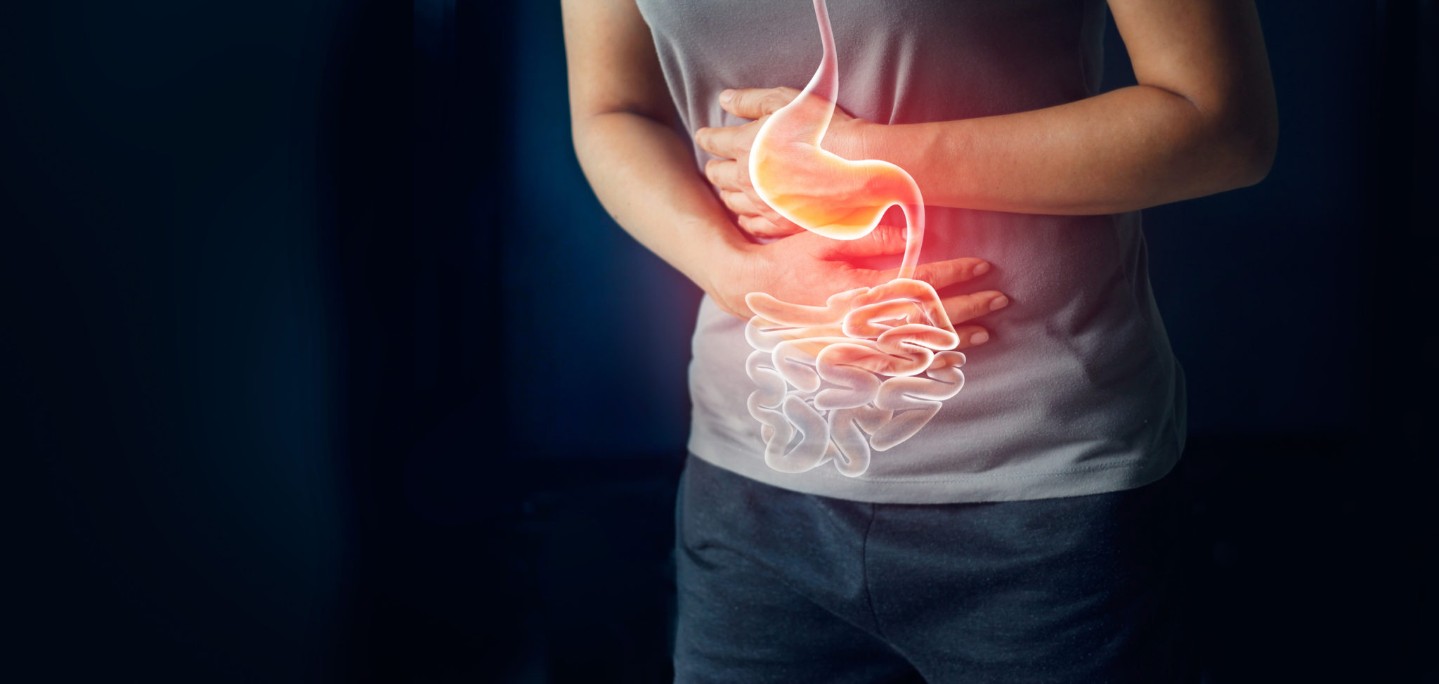The Gut-Bladder Connection: Nutrition for Optimal Function
JUN 11, 2025Proper diet is essential in maintaining bladder and bowel health as they affect your gut microbiome.
Read More
It’s easy to take your digestive system for granted, until something goes wrong. In fact, a lot goes on undetected in your intestines.
Sometimes small pouches or sacs form in the intestine lining, usually in the lower part of the large intestine or colon. These marble-sized pouches, called diverticulum, occur when a weak section of your colon gives way and allows a bulge to form.
If you develop a pouch you have called diverticulosis, but these pouches are usually harmless and don’t cause symptoms. It’s estimated that more than one in three (35 percent) adults in the U.S. age 50 and younger have diverticulosis – and most never develop problems.
When a pouch does become inflamed – either by a tear or a stool blockage – a painful condition called diverticulitis can occur. Researchers have found that less than 5 percent of people with diverticulosis develop diverticulitis, though an estimated 200,000 people are hospitalized with diverticulitis each year.

Diverticulitis can be mild and require only rest, diet changes and possibly antibiotics to resolve. Sometimes it’s more serious and even life-threatening – so it’s important to pay attention to symptoms and seek prompt medical care.
Diverticulosis can cause bloating, constipation/diarrhea and cramping/pain in the lower abdomen.
Diverticulitis can cause severe pain in the lower left abdomen that starts as mild and worsens, or occurs suddenly with changing intensity. Symptoms also include constipation/diarrhea, fever/chills, nausea/vomiting.
Diverticular bleeding is signaled by a sudden, large amount of red or maroon-colored blood in stool causing dizziness, light-headedness or weakness.
Call your provider if you have:
Seek medical help immediately if your abdomen becomes rigid and there’s pain with movement. This is a sign of peritonitis, a dangerous infection.
About one in four people with acute diverticulitis develop complications. These include:
Complications are serious and require prompt or immediate medical attention. Some can be treated with intravenous fluids and antibiotics. A needle may be inserted into your abdomen to drain pus from an abscess. In more severe cases, surgery may be needed to drain an abscess, repair a fistula or remove infected segments of colon. With a bowel resection, the surgeon removes infected colon and reattaches healthy segments. In more severe cases, infected bowel is removed and a colostomy is created to temporarily or permanently empty stool into a bag that attaches to the skin.
You can help prevent diverticulitis by exercising regularly, eating fiber and drinking plenty of water and fluids. Pay attention to these risk factors:
While symptoms can be similar, the cause of diverticulitis is different from other digestive system conditions, such as irritable bowel syndrome and inflammatory bowel disease. Diverticulitis does not cause other bowel disorders.

Proper diet is essential in maintaining bladder and bowel health as they affect your gut microbiome.
Read More
The recent statistics are alarming: nearly 20,000 Americans under 50 were diagnosed with colon cancer last year. This isn't just an older person's disease anymore.
Read More
Bile duct cancers are a very diverse group of gastrointestinal cancers that originate from the bile duct system that is contained both within and outside the liver.
Read MoreWhen you need local health information from a trusted source, turn to the CHI Health Better You eNewsletter.